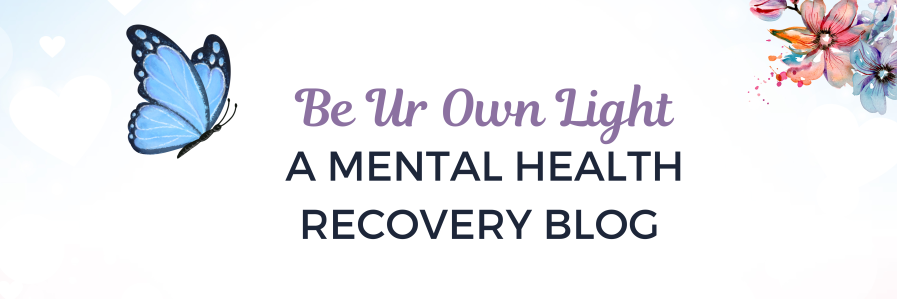
Note : Please read with care- Trigger warning (suicidal thoughts)
When a topic of conversation hits the mainstream, it becomes easier to understand and it spawns more conversations. It snowballs.
Right now, we’re living in a time when society is more open than ever about mental health. Issues are not swept under the rug (as much as they used to be, at least), and life-changing conversations are being had. For me, these conversations on Time To Talk day tend to be amongst friends. It feels…easier, to be open with them.
But what about having a discussion with your parents? What is it like to talk about mental health with a mother or father who has struggled, or currently is struggling with their mental health?
It’s tough. I will tell you that now. But it is important.
I know this because my mum has had depression for 12 years. The best way that I can describe her depression, whilst remembering that every experience is unique, is that it is like a cloud. Some days it can be lighter, and almost brighter, though still casting some shade.
Other days it can be dark, foreboding, and cast its shadow over any and all. The darkest time for her, and for our family, was at the beginning of her depression. It was during that time that I nearly lost my mum at 14.
I could almost say that she actually was lost to our family, if only for a while. I lived with a woman who looked like her, and sounded like her. But her words and actions were foreign and strange to me. Her drive and her energy seemed to vanish overnight, and a woman sitting in the dark, who felt like she had nothing to give, took her place.
I remember going to school, walking past her open bedroom door and saying goodbye to her as she lay in bed. At that time, when I asked her if she would be getting up that day, the only response I heard was:
“No.”
Those conversations were short. They definitely weren’t sweet.
She struggled. I struggled. My brother struggled. My dad struggled. We were desperate for her to get better, and feared that she’d never make it out of the dark. Eventually, with help though, she did. But, while she is now in a better place, there are still highs and lows.
Because I was so young at the time, I never really spoke to my mum about her illness. Life carried on for me, and a new status quo emerged. But over time, we began to talk.
They still weren’t nice conversations, but they were a start. My mum told me how she felt suicidal, as she lay there in bed. At the time, she said it so matter-of-factly that it sounded blasé to my teenage ears. This revelation stung, and I couldn’t understand a simple question. Why?
Why would she want to do this to me? Why would she want to leave her two children without a mother? Why would she want to leave behind a husband who loved, cared for and adored her? These questions swam in my head for years, and I was incredibly angry with her as I saw it as some form of maternal betrayal. I thought she was selfish.
As I’ve gotten older and talked to her even more about this, my views have changed. I realised that my response was selfish. She explained to me that her depression made her feel so worthless, and so useless, that she would in fact be doing us all a favour by leaving our lives.
I’ve also realised that I’m incredibly lucky, because a lot of parents sadly succumb to this insidious disease. This needs to change.
That’s why I’m writing about this today.
That’s why I still talk to my mum about how she’s feeling. That’s why my brother calls me and lets me know when she’s feeling low, which is a common occurrence in winter for a lot of people with depression. As I live far from home, he reminds me that a quick conversation to ask about her day, tell her about mine, and maybe even make her laugh makes all the difference.
If you are, or have been in my situation, I urge you to talk to your mum or dad. I urge you to talk to your friends and family, because it can be a huge burden to carry alone. It’s like I said, when more people talk about something, it becomes easier to understand. When we understand the problem, we can start to treat it.
If you’d like to find out more about having these conversations, you can do so by visiting the Time To Talk website. They have a range of materials that can help you take that first step, and start talking.
This article was written by Sarah, a mental health writer for Time to Talk Day 2019. You can find her at :
http://pandorashealth.co.uk/
https://twitter.com/PandoraHealth
www.instagram.com/pandorashealth/











